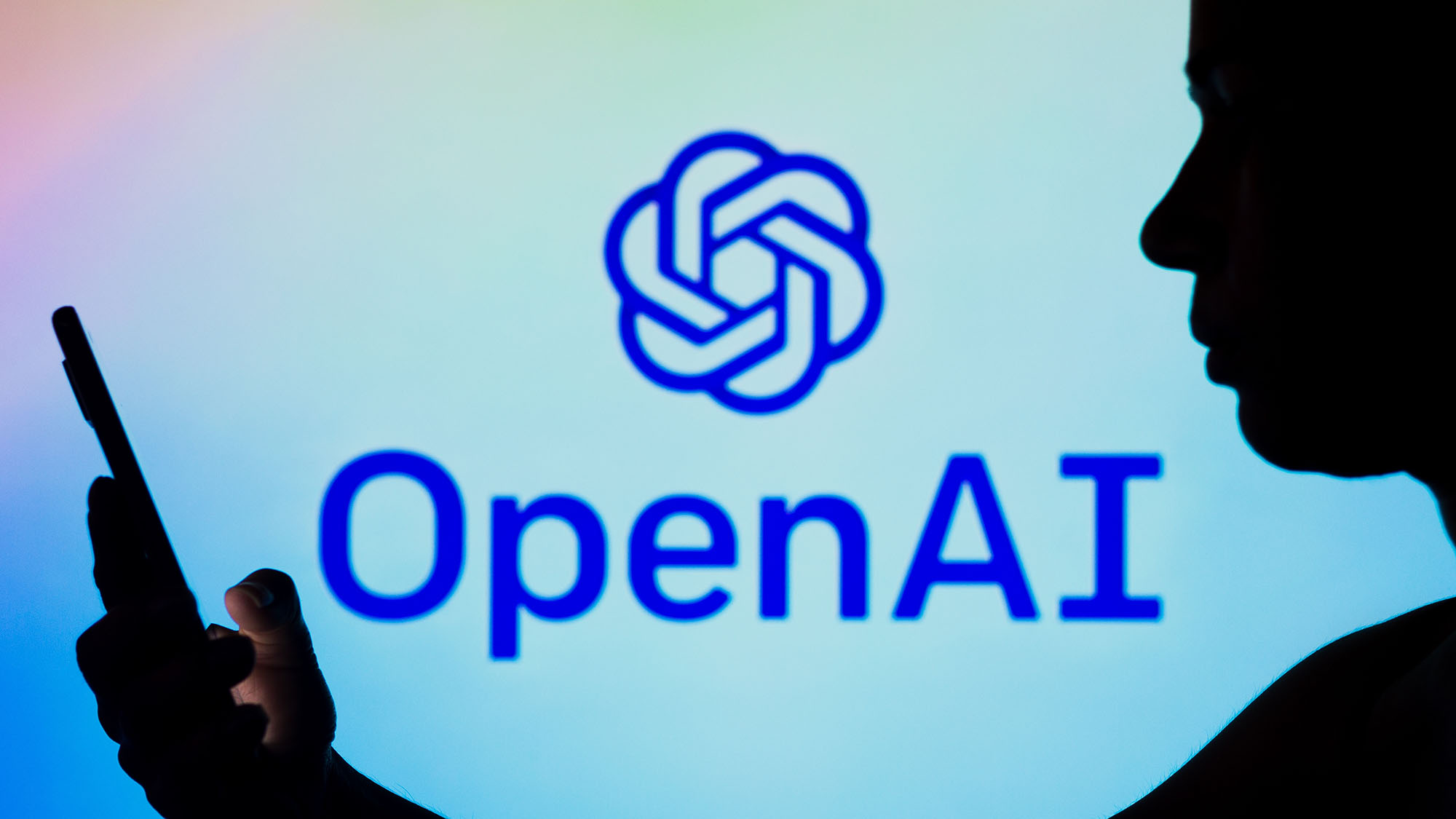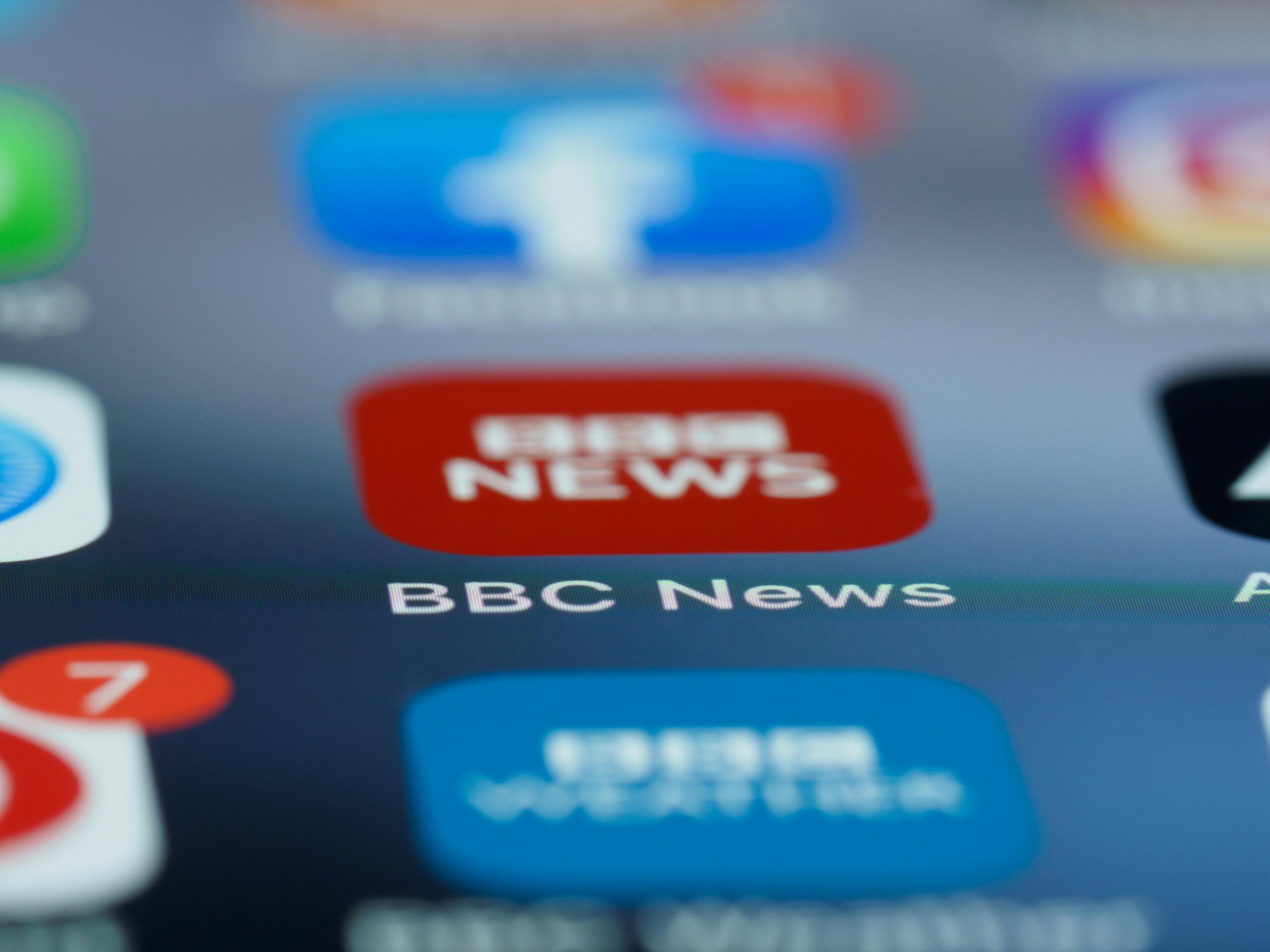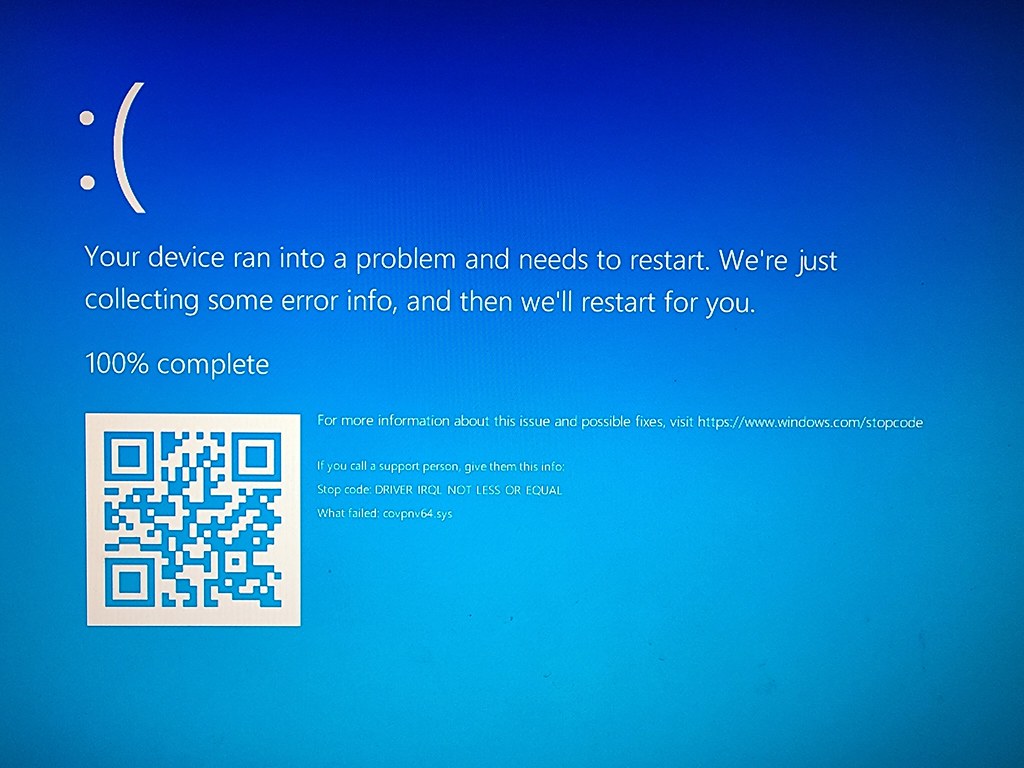OpenAI has unveiled a new premium tier for its flagship chatbot, ChatGPT, priced at $200 per month. Announced during the company’s “12 Days of OpenAI” livestream series, the updated subscription, dubbed ChatGPT Pro, grants users unlimited access to OpenAI’s latest language model, o1. The model, now officially available after a limited preview earlier this year, boasts improved speed and a 34% lower likelihood of significant errors when tackling complex, real-world questions.
The ChatGPT Pro subscription includes several upgrades designed for power users, such as access to GPT-4o, o1-mini, and Advanced Voice mode. The standout feature, however, is o1’s “pro mode,” which leverages additional computational resources to enhance the chatbot’s reasoning capabilities. According to OpenAI, external expert evaluations highlight that the pro mode delivers consistently accurate and comprehensive responses, excelling in fields like data science, programming, and case law analysis.
OpenAI o1 is now out of preview in ChatGPT.
What’s changed since the preview? A faster, more powerful reasoning model that’s better at coding, math & writing.
o1 now also supports image uploads, allowing it to apply reasoning to visuals for more detailed & useful responses. pic.twitter.com/hrLiID3MhJ
— OpenAI (@OpenAI) December 5, 2024
OpenAI plans to further expand ChatGPT Pro’s capabilities by adding more compute-intensive productivity features. Some of these enhancements are expected to roll out within the next week as part of the company’s showcase of innovations from the past year. Additionally, OpenAI hinted at broader updates for all ChatGPT users, including web browsing and file upload functionality, though CEO Sam Altman refrained from specifying a release timeline.
The $200 tier is targeted at professionals and businesses needing advanced AI tools, while OpenAI’s existing $20 ChatGPT Pro subscription remains available for general users. The lower-tier subscription continues to offer early access to new features, ensuring accessibility for a broader audience.
OpenAI’s introduction of a $200 ChatGPT Pro tier highlights the growing demand for more robust AI tools among professionals and businesses. While the price may seem steep, the inclusion of features like o1 pro mode and advanced productivity tools positions it as a specialized solution for complex tasks in fields like programming and case law. However, this move also raises questions about accessibility and whether AI innovations risk becoming exclusive to those who can afford premium tiers. Balancing innovation with inclusivity will be crucial for OpenAI as it continues to expand its offerings.











